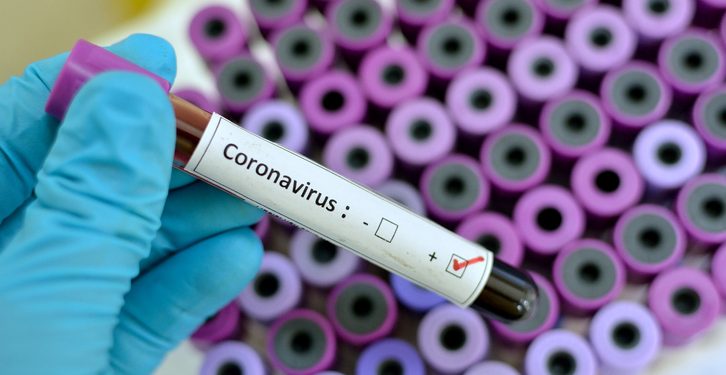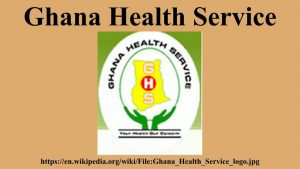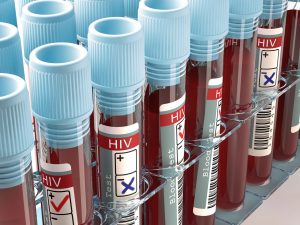The number of active COVID-19 cases in Ghana has risen to 1,674, the latest figures of the Ghana Health Service indicate.
Of that number, nine are in critical condition and 19 cases have been categorized as severe.
Since mid-March 2020, a total of 796 people have died of the virus.
Ghana has recorded a total of 95,914 since the virus entered the country last year, with 93,444 recoveries.
Regional breakdown:
Greater Accra Region – 52,710
Ashanti Region – 15,984
Western Region – 5,936
Eastern Region – 4,407
Central Region – 3,551
Volta Region – 2,609
Northern Region – 1,660
Bono East Region – 1,446
Bono Region – 1,425
Upper East Region – 1,320
Western North Region – 916
Ahafo Region – 775
Upper West Region – 500
Oti Region – 459
North East Region – 231
Savanna Region – 123
Meanwhile, the Delta variant of the pandemic has been detected in a senior high school in the national capital, Accra.
This was disclosed by the Director of Public Health at the Ghana Health Service, Dr Franklin Asiedu-Bekoe.
He said: “Yesterday [Friday], we had information that the school had actually detected a Delta variant and this, somehow, confirms what we were anticipating”.
“The parents of the students who have been infected have been informed”, he said.
The Ministry of Information, on Friday, announced that the Delta variant has been found in a community within the country.
“At 10:00hours on Friday, 2 July 2021, the Covid-19 task force was advised by the Ghana Health Service that the Delta variant of the SARS-Cov-2 virus has been recorded within a community (ie non-arriving passengers) in the latest round of genomic sequencing”, the Ministry posted on its Facebook page.
It said the “relevant agencies are taking the necessary steps to ensure that spread is contained”.
The positive persons, it noted, “are in good health”.
“The task force will provide further details at 13:00hours on Sunday, 4 July 2021”, the ministry promised.
It urged the general public to “adhere strictly to the COVID preventive etiquette while going about permitted activities”.
About two weeks ago, six Delta variants of the SARS-CoV-2 (COVID-19 virus) were detected from all the samples taken between April and June 2021 at the ports of entry, the Ghana Health Service (GHS) disclosed.
A statement signed by the Director-General of the GHS, Dr Patrick Kuma-Aboagye, on Tuesday, 22 June 2021, however, said at the time that “no Delta variant has been detected from samples taken from cases in the community”.
According to the statement, the AstraZeneca and Sputnik V vaccines are effective against the deadly Indian strain of the Coronavirus detected, known as the Delta variant in Ghana recently.
In reaction to an online publication discrediting the potency of vaccines against the Delta variant of the virus, detected at the Kotoka International Airport, the statement noted that “reports that Sputnik-V and AstraZeneca vaccines are not effective against the Delta strain of SARS-Cov-2 (the virus that causes COVID-19) are untrue”.
The statement revealed that according to data from the Public Health England (PHE), “two doses of the Oxford-AstraZeneca vaccine are highly effective against hospitalization due to the Delta variant and showed no deaths among those vaccinated.”
“A study conducted by Gamaleya Center suggests that Sputnik-V is more efficient against the Delta variant of
coronavirus, first detected in India, compared to other COVID-19 vaccines,” the statement said.
“The data also suggest that the AstraZeneca vaccine is effective against symptomatic disease caused by the Delta variant,” GHS added.
The statement further reiterated the measures put in place to curb the spread of the coronavirus at the airport saying: “All passengers who test positive are put under mandatory isolation.
“All positive samples are sent for further testing (genomic sequencing) to identify the variants”.
It added that variants sequenced from samples of positive cases at the Airport do not necessarily end up in the community.






